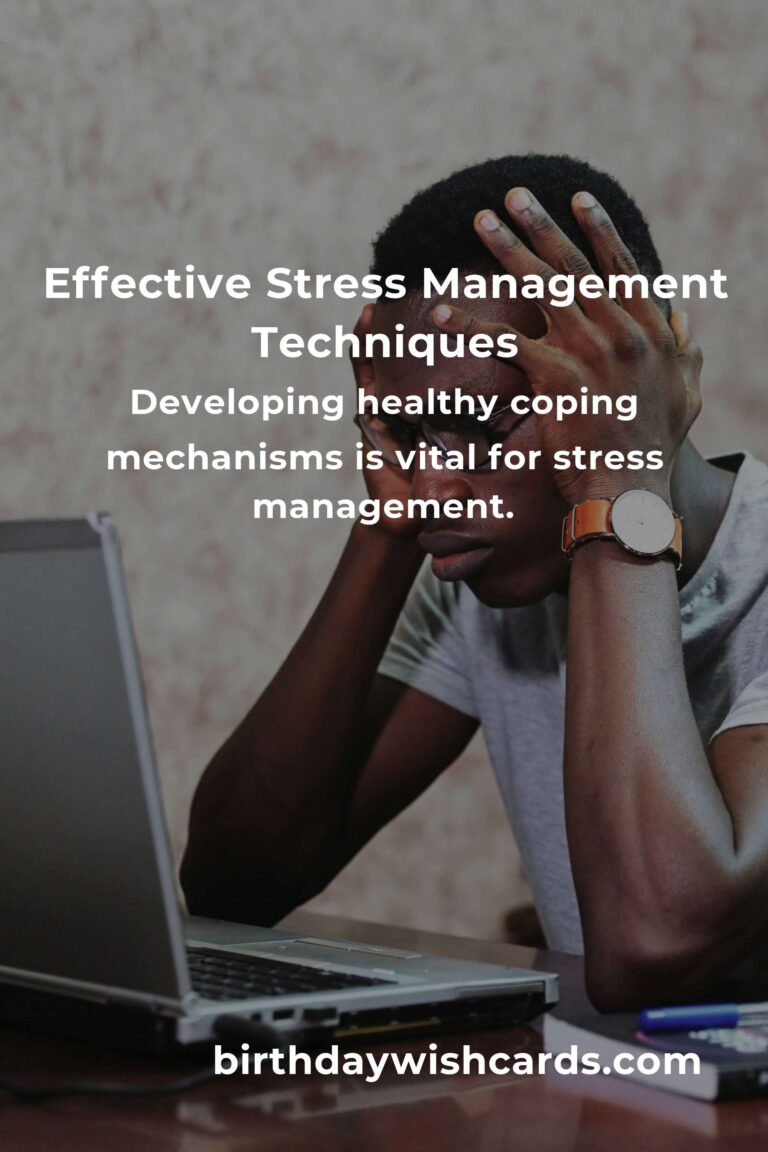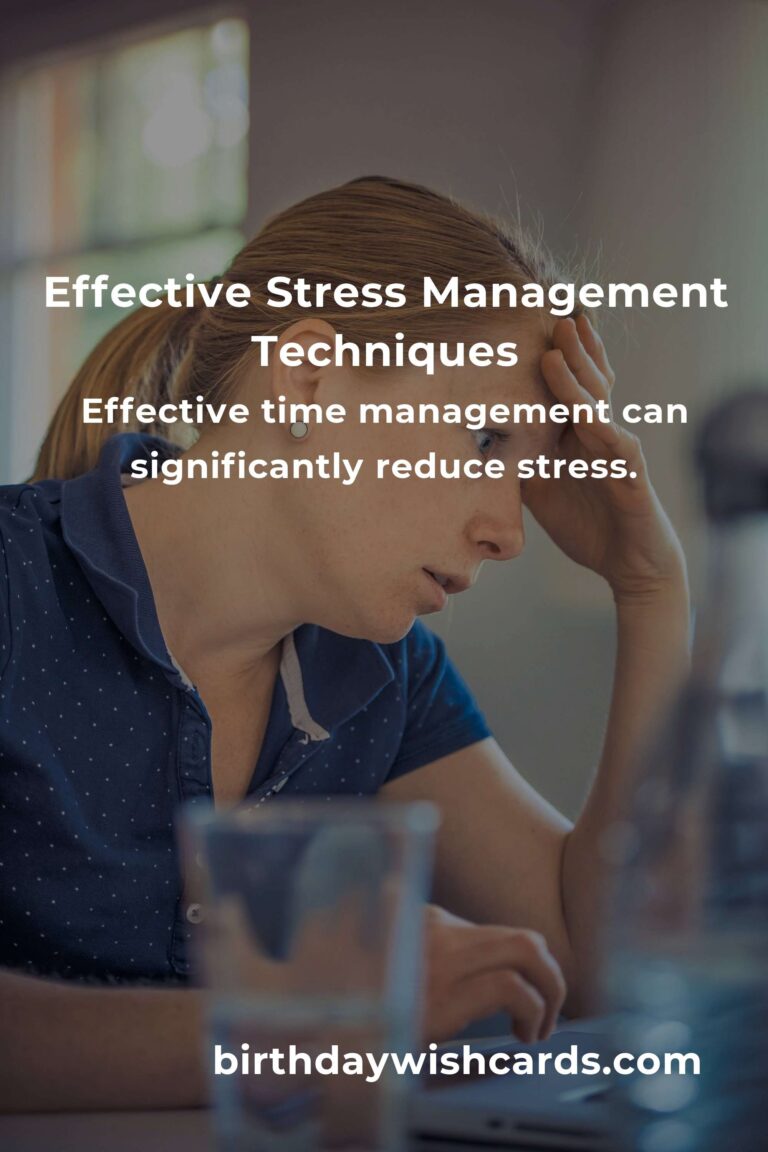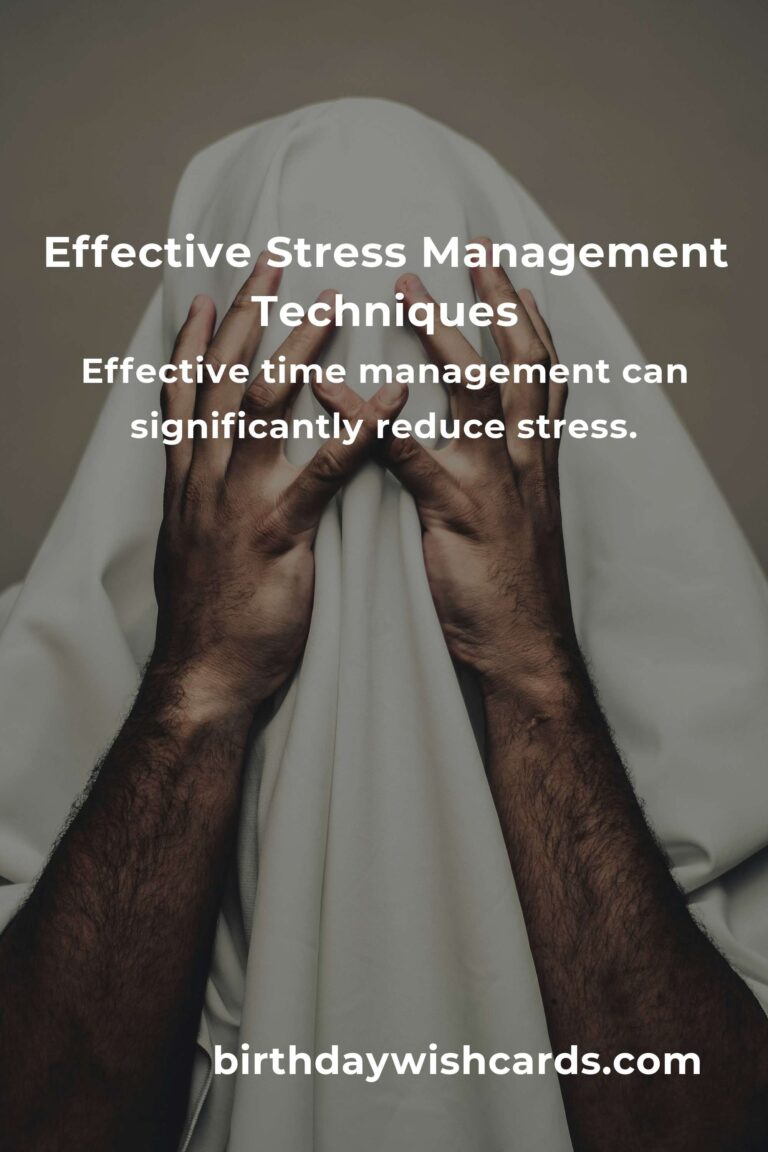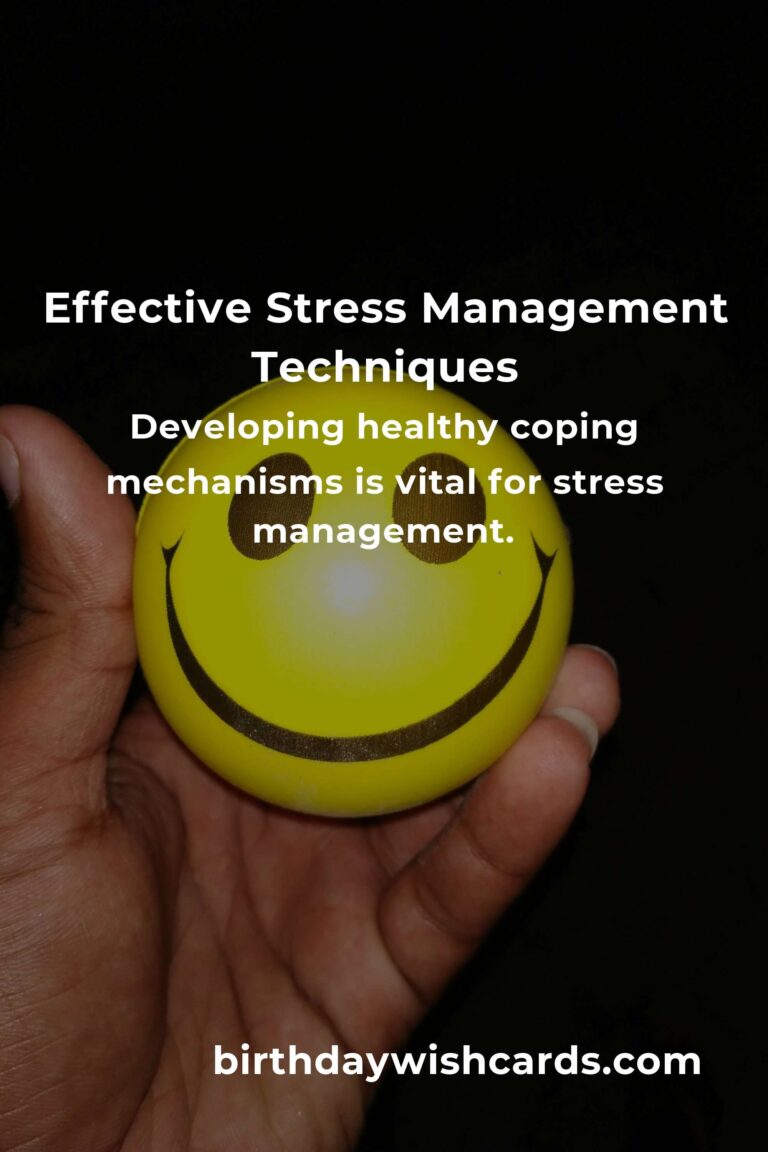
In today’s fast-paced world, stress has become an almost inevitable part of life. Managing stress effectively is crucial for maintaining both mental and physical health. This comprehensive checklist will guide you through various strategies and tips to help you manage stress efficiently.
Understanding Stress
Before diving into stress management techniques, it’s essential to understand what stress is. Stress is the body’s natural response to challenges or demands. It can manifest in various ways, including emotional, physical, and behavioral symptoms.
Identify Your Stressors
The first step in managing stress is identifying the sources of your stress. Common stressors include work pressure, financial issues, relationship problems, and health concerns. Keeping a stress journal can help you pinpoint these stressors and recognize patterns.
Develop Healthy Coping Mechanisms
Once you’ve identified your stressors, developing healthy coping mechanisms is vital. Here are some effective strategies:
- Exercise Regularly: Physical activity is a powerful stress reliever. It boosts endorphins, which improve mood and promote relaxation.
- Practice Mindfulness: Mindfulness techniques, such as meditation and deep breathing, can help you stay grounded and focused.
- Maintain a Healthy Diet: Eating a balanced diet can impact your stress levels. Avoid excessive caffeine and sugar, which can increase anxiety.
Time Management
Effective time management can significantly reduce stress. Prioritize tasks, set realistic goals, and break larger tasks into manageable steps. Use tools like calendars and to-do lists to stay organized.
Build a Support Network
Having a strong support network is crucial for managing stress. Surround yourself with supportive friends and family who can offer guidance and encouragement.
Seek Professional Help
If stress becomes overwhelming, seeking professional help is important. Therapists and counselors can provide valuable insights and coping strategies.
Relaxation Techniques
Incorporate relaxation techniques into your daily routine. Activities like yoga, tai chi, or even a warm bath can help relax your mind and body.
Limit Technology Use
Constant connectivity can contribute to stress. Set boundaries for technology use, especially before bedtime, to promote better sleep and reduce anxiety.
Embrace a Positive Mindset
Adopting a positive mindset can make a significant difference in how you handle stress. Practice gratitude, focus on positive aspects of your life, and challenge negative thoughts.
Conclusion
Stress management is a continuous process, and it requires effort and dedication. By following this checklist, you can develop a personalized stress management plan that works for you. Remember, it’s important to be patient with yourself and recognize that it’s okay to seek help when needed.
Stress is the body’s natural response to challenges or demands. Identifying your stressors is the first step in managing stress. Developing healthy coping mechanisms is vital for stress management. Effective time management can significantly reduce stress. Having a strong support network is crucial for managing stress.
#StressManagement #HealthTips #Wellbeing












